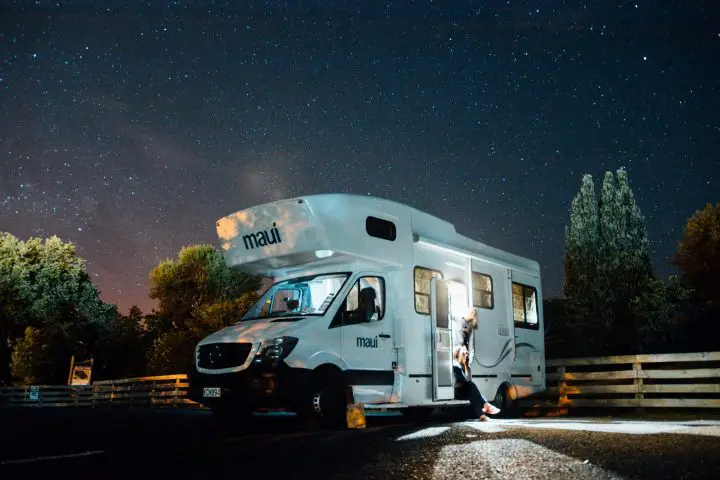Hello folks.
I am hoping for some advice.
I'm about to embark on a long vanlife adventure, and want to take my beloved desktop PC with me.
From what I understand, PC PSUs output 12v. I'm thinking I'll just directly power the PC with my house battery in the van, skipping the PSU.
Does anyone know of any problems I may encounter doing this? The only problem I can imagine would occur when the battery voltage starts to drop, but surely there is some software I can install to make the PC recognize this, and shut components down (like in a laptop).
The supply power will be fused.
Any problem identifications and software recommendations are greatly appreciated.
Cheers
Emile
I am hoping for some advice.
I'm about to embark on a long vanlife adventure, and want to take my beloved desktop PC with me.
From what I understand, PC PSUs output 12v. I'm thinking I'll just directly power the PC with my house battery in the van, skipping the PSU.
Does anyone know of any problems I may encounter doing this? The only problem I can imagine would occur when the battery voltage starts to drop, but surely there is some software I can install to make the PC recognize this, and shut components down (like in a laptop).
The supply power will be fused.
Any problem identifications and software recommendations are greatly appreciated.
Cheers
Emile


